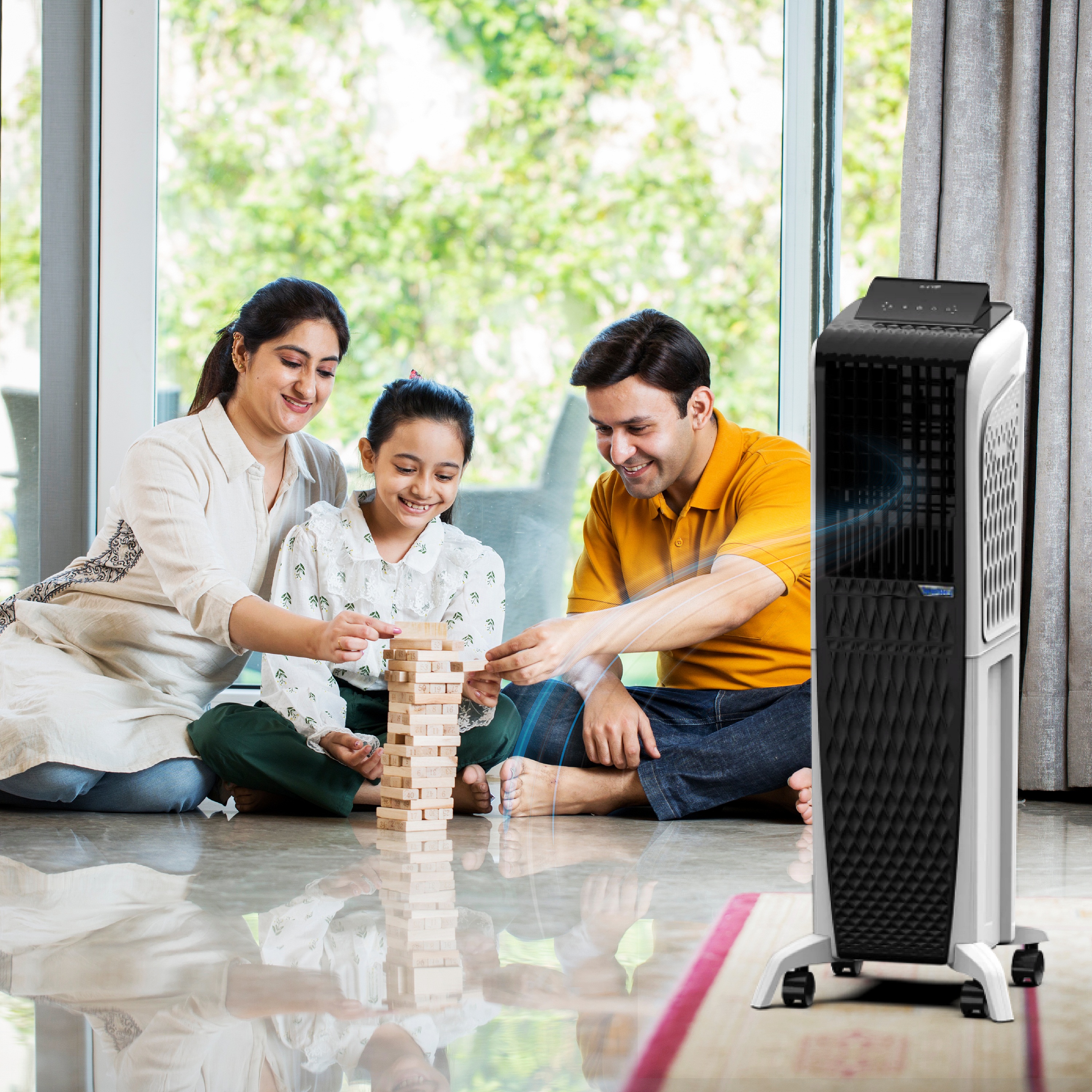

Articles
What Is an Air Cooler
Modified: January 19, 2024
Looking for articles about air coolers? Get all the information you need about what air coolers are and how they work in our comprehensive articles.
(Many of the links in this article redirect to a specific reviewed product. Your purchase of these products through affiliate links helps to generate commission for Storables.com, at no extra cost. Learn more)
Introduction
Welcome to the world of air coolers, where comfort meets affordability. As the scorching heat of summer approaches, finding ways to beat the heat becomes a top priority for many people. While air conditioners have long been the go-to solution, there’s an alternative that is gaining popularity – the air cooler.
An air cooler, also known as an evaporative cooler, is an economical and eco-friendly cooling device that provides relief from the sweltering heat. It operates on the principle of evaporation to cool the surrounding air, making it a cost-effective and energy-efficient cooling solution.
In this article, we will delve into the world of air coolers, exploring how they work, their advantages and disadvantages, the different types available, factors to consider before buying one, and how to install and maintain an air cooler. We will also compare air coolers with air conditioners, allowing you to make an informed decision when it comes to choosing the right cooling option for your needs.
If you’re tired of soaring electricity bills and want an eco-friendly cooling alternative, then read on to discover the wonders of air coolers and how they can provide you with the comfort you need during those hot summer days and nights.
Key Takeaways:
- Air coolers offer an energy-efficient, eco-friendly, and affordable cooling solution by harnessing the power of evaporation. They provide a refreshing experience, making them a popular choice for beating the summer heat in dry climates.
- While air coolers may have limitations in humid environments and larger spaces, their portability, low maintenance, and ability to provide fresh air make them a compelling alternative to air conditioners. Consider factors such as cooling capacity, climate, and water tank capacity before making a decision.
Read more: What Is A Portable Air Cooler
Definition of an Air Cooler
An air cooler, also known as an evaporative cooler or a swamp cooler, is a cooling device that lowers the air temperature by utilizing the natural process of evaporation. Unlike traditional air conditioners that use refrigerants and compressors, air coolers employ a simpler mechanism that relies on water and air circulation to provide cooling.
The core component of an air cooler is a water tank or reservoir that is connected to a pump. Water from the tank is pumped onto a cooling pad or media made of porous material, such as wood wool or cellulose, which is designed to retain water. The pad absorbs the water, which then evaporates when warm air passes through it.
The evaporation process causes a drop in temperature, and as a result, the air that is blown out of the cooler is much cooler than the ambient air. This cooled air is then circulated into the room, providing a refreshing and comfortable environment.
An air cooler typically consists of a fan that draws in hot air from the surroundings, passes it through the wet cooling pad, and then releases the cooled air back into the room. Some advanced models may also feature additional features such as air purification, adjustable fan speed, and remote controls.
It’s important to note that air coolers work best in dry climates, where the evaporation process is most effective. In areas with high humidity, the cooling efficiency of an air cooler may be reduced. However, even in humid conditions, air coolers can still offer some level of cooling, along with increased moisture in the air, which can be beneficial for those suffering from dry skin and allergies.
Now that we have a clear understanding of what an air cooler is and how it functions, let’s explore in more detail how these devices actually work to provide much-needed relief from the heat.
How Air Coolers Work
Understanding how air coolers work is key to appreciating their effectiveness as a cooling solution. Air coolers operate on the principle of evaporation, utilizing the natural cooling properties of water to lower the temperature of the air.
The process begins with a water tank or reservoir that is filled with water. The water is then pumped onto a cooling pad or media made of highly absorbent material. This pad is typically placed in front of a fan, which draws in warm air from the surroundings.
As the warm air passes through the wet cooling pad, the water on the surface of the pad evaporates. This evaporation process absorbs heat energy from the surrounding air, resulting in a drop in temperature. The cooled air is then pushed out by the fan and circulated into the room.
The continuous circulation of air through the cooling pad ensures a steady supply of cool air. The rate of evaporation and cooling depends on several factors, including the temperature and humidity of the outside air, the size and design of the cooling pad, and the speed of the fan.
It’s important to note that air coolers work best in dry climates, where the evaporation process is most effective. In areas with high humidity, the cooling efficiency may be reduced, as the air already holds a significant amount of moisture and has limited capacity for further evaporation.
Compared to air conditioners, air coolers consume significantly less energy. Air conditioners use compressors and refrigerants to cool the air, which requires a substantial amount of energy. In contrast, air coolers operate using a simple pump and fan system, resulting in lower electricity consumption.
Furthermore, air coolers are environmentally friendly, as they do not use any harmful chemicals or refrigerants. They rely on the natural process of evaporation and circulation, making them a greener cooling alternative.
In the next section, we will explore the advantages of using air coolers, highlighting why they are becoming a popular choice for many households and businesses.
Advantages of Using an Air Cooler
Air coolers offer a range of advantages that make them an attractive cooling option for many people, especially in dry or arid climates. Here are some of the key benefits of using an air cooler:
- Energy Efficiency: Air coolers are highly energy-efficient compared to air conditioners. They consume significantly less electricity, making them a cost-effective cooling solution.
- Affordability: Air coolers are generally more affordable to purchase and operate than air conditioners. They have a lower upfront cost and do not require complex installation or maintenance.
- Eco-Friendly: Air coolers are environmentally friendly as they use the natural process of evaporation to cool the air. They do not emit any harmful gases or contribute to ozone depletion.
- Natural and Fresh Air: Unlike air conditioners that recirculate the same air, air coolers continuously supply fresh air by drawing in outside air. This results in a natural and healthier indoor environment.
- Increased Humidity: Air coolers add moisture to the air during the evaporation process. This can be beneficial in dry climates or for individuals with respiratory conditions who may benefit from increased humidity.
- Portability: Air coolers are often portable and easy to move around. This allows for flexibility in cooling different areas of your home or office as needed.
- Simple Maintenance: Air coolers have a relatively simple design and require minimal maintenance. Regular cleaning of the cooling pads and water tank is usually sufficient to keep them running efficiently.
- No Need for Closed Spaces: Unlike air conditioners that require closed spaces to work effectively, air coolers can be used in open spaces such as patios, garages, or outdoor areas, providing cooling comfort wherever needed.
It’s important to note that the effectiveness of air coolers may vary depending on factors such as outdoor humidity levels and the size of the space being cooled. However, considering the numerous advantages they offer, air coolers are a popular choice for those seeking a cost-effective and eco-friendly cooling solution.
Next, we will explore the potential disadvantages of using an air cooler, helping you make an informed decision before investing in one.
Disadvantages of Using an Air Cooler
While air coolers offer many advantages, it’s essential to consider the potential disadvantages before deciding if they are the right cooling solution for you. Here are some of the drawbacks of using an air cooler:
- Effectiveness in Humid Environments: Air coolers work best in dry climates where the air is less saturated with moisture. In high humidity areas, the cooling efficiency of an air cooler may be reduced, as the air already holds a significant amount of moisture and has limited capacity for further evaporation.
- Cooling Limitations: Air coolers are most effective in smaller to medium-sized spaces, and their cooling range may be limited compared to air conditioners. If you have larger rooms or open floor plans, you may need multiple air coolers to achieve desired cooling results.
- No Temperature Control: Unlike air conditioners that allow precise temperature control, air coolers do not have built-in temperature settings. They can only provide a general cooling effect based on the evaporation process and the surrounding air conditions.
- Water Consumption: Air coolers require a continuous supply of water for the evaporation process. In dry climates or during extended use, you may need to refill the water tank frequently, resulting in increased water consumption.
- Dependence on Outdoor Air Quality: Air coolers draw in outside air to cool the room. This means that the quality of outdoor air, such as pollution or allergens, can impact the indoor air quality when using an air cooler. Using air filters or keeping windows closed can help mitigate this issue.
- Noisy Operation: Air coolers can be noisy, particularly if the fan speed is set to high. This can be disruptive in quiet environments such as bedrooms or offices that require a calm atmosphere.
- Seasonal Use: Air coolers are primarily designed for warm weather use, making them less useful during colder seasons. They may need to be stored or switched off when not in use for an extended period.
- Not as Effective in Extreme Heat: In extremely hot conditions, such as during heatwaves, air coolers may struggle to provide sufficient cooling compared to air conditioners. They are better suited for moderate to hot climates rather than extreme temperatures.
Considering these disadvantages alongside the advantages, it’s important to assess your specific needs, local climate, and cooling requirements before deciding if an air cooler is the right choice for you.
Next, let’s explore the different types of air coolers available in the market, allowing you to choose the most suitable option for your needs.
When using an air cooler, make sure to place it near an open window or door to allow for proper air circulation and cooling effect. This will help maximize its efficiency in cooling the room.
Read more: How To Clean Air Cooler
Types of Air Coolers
When it comes to air coolers, there are several types available in the market, each with its own unique features and functionalities. Understanding the different types can help you make an informed decision when choosing the right air cooler for your needs. Here are some of the common types of air coolers:
- Portable Air Coolers: Portable air coolers are lightweight and compact units that are designed for easy transportation. They usually feature wheels or handles, making them convenient to move from one room to another. These coolers are ideal for smaller spaces or for those who require cooling on the go, such as RV owners.
- Window Air Coolers: Window air coolers, also known as window swamp coolers, are designed to be mounted on windows or through-the-wall installations. These units pull fresh air from the outside, cool it through the evaporation process, and push the cooled air into the room. Window air coolers are typically more powerful and have higher cooling capacities compared to portable units.
- Ducted Air Coolers: Ducted air coolers, also called centralized air coolers, are installed in rooftop units and can cool multiple rooms through a duct system. These coolers are commonly used in commercial buildings, offices, and large residential spaces, providing centralized cooling to different areas.
- Personal Air Coolers: Personal air coolers, as the name suggests, are designed for individual use. These small and compact units are perfect for cooling a single person in close proximity. They are ideal for use on desks, bedside tables, or during outdoor activities.
- Tower Air Coolers: Tower air coolers are tall and slim units that take up less floor space compared to traditional coolers. They incorporate a vertical design with a wide air outlet, ensuring efficient airflow and uniform cooling. Tower air coolers are often equipped with additional features such as air purification and oscillation.
These are just a few examples of the various types of air coolers available in the market. Each type caters to different cooling needs, room sizes, and preferences. Consider factors such as the size of the area you want to cool, portability requirements, and any additional features you may desire when choosing the right type of air cooler.
Next, let’s explore the important factors to consider before purchasing an air cooler, ensuring you make the right choice for your cooling needs.
Factors to Consider Before Buying an Air Cooler
When choosing an air cooler, it’s important to consider several factors to ensure that you select the right one for your needs. Here are some key factors to keep in mind before making a purchase:
- Cooling Capacity: Consider the cooling capacity of the air cooler, which is measured in terms of cubic feet per minute (CFM). This indicates how much air the unit can cool in a given time. Assess the size of the space you want to cool, and choose an air cooler with an appropriate CFM rating to ensure effective cooling.
- Climate and Humidity: Evaluate the climate and humidity levels in your area. Air coolers work best in dry climates, where the evaporation process is most effective. If you live in a humid area, consider a unit with additional features like a humidity control function or adjustable fan speeds.
- Water Tank Capacity: The water tank capacity determines how long the air cooler can operate before requiring a refill. Larger tanks offer longer operation times, reducing the need for frequent refills. Assess your usage patterns and choose a tank capacity that suits your needs.
- Portability: If you plan to move the air cooler around, consider a portable unit with features like wheels or handles for easy transportation. Portable air coolers allow you to cool specific areas as needed, providing flexibility and convenience.
- Noise Level: Some air coolers can generate noise, primarily when operating at high fan speeds. If noise is a concern, look for models that advertise quiet operation or low decibel levels to ensure a peaceful environment.
- Additional Features: Consider any additional features you may desire, such as remote control capabilities, adjustable fan speeds, timer functions, air purification, or ionization. These features can enhance the convenience and usability of the air cooler.
- Budget: Determine your budget for an air cooler and compare prices across different models. Consider the long-term cost of operating the unit, including electricity consumption and maintenance requirements, to ensure it fits within your budget in the long run.
- Brand and Warranty: Research different brands and check customer reviews to assess their reputation for quality and reliability. Look for air coolers that come with a warranty, as this provides assurance and protection against any potential defects or malfunctions.
By considering these factors, you can narrow down your options and choose an air cooler that best suits your requirements, ensuring optimal cooling performance and satisfaction.
In the next section, we will explore the installation and maintenance aspects of air coolers, providing you with the necessary information to ensure proper setup and upkeep.
Installation and Maintenance of an Air Cooler
Installing and maintaining an air cooler properly is key to ensuring its optimal performance and longevity. Here are some important guidelines to follow for the installation and maintenance of an air cooler:
Installation:
- Choose the Right Location: Select a location for your air cooler that allows for proper airflow and circulation. Place it near an open window or door, ensuring that there is sufficient space around the unit for unrestricted airflow.
- Position the Cooling Pad: Make sure the cooling pad is correctly positioned and securely placed inside the unit. The pad should be evenly wet but not dripping with water.
- Connect the Water Supply: Connect the water supply to the air cooler’s water tank or reservoir. Ensure a secure connection to prevent leaks. Follow the manufacturer’s instructions for proper water connection.
- Operate the Fan: Set the fan speed to your desired level. Start with a lower speed and adjust as needed. Higher fan speeds result in stronger airflow but may generate more noise.
- Keep Windows or Doors Open: To allow proper airflow, keep windows or doors partially open when using an air cooler. This will facilitate the exchange of hot air with cooler air from outside.
Always refer to the manufacturer’s instructions for specific installation guidelines and any additional steps that may be required for your particular air cooler model.
Maintenance:
- Clean the Cooling Pads: Regularly clean the cooling pads to prevent blockage and maintain optimal cooling efficiency. Remove the pads and clean them according to the manufacturer’s instructions. It’s recommended to clean them every month or as needed.
- Check the Water Level: Monitor the water level in the tank and refill it as necessary. Ensure the water supply is clean and free from any impurities or sediment that could clog the system.
- Clean or Replace the Water Pump: Clean the water pump occasionally to remove any debris or buildup that could affect its performance. If the pump becomes faulty or malfunctions, consider replacing it with a new one.
- Keep the Unit Clean: Regularly wipe the exterior of the air cooler with a damp cloth to remove dust or dirt accumulation. This will help maintain its appearance and prevent any potential blockage that may affect airflow.
- Store Properly: If you plan to store the air cooler during the off-season, ensure it is thoroughly cleaned and dried before storage. Follow the manufacturer’s instructions for proper storage guidelines.
Regular maintenance and cleaning of your air cooler will ensure its optimal performance and prolong its lifespan. Always refer to the manufacturer’s instructions for specific maintenance recommendations and guidelines.
Now that we’ve covered the installation and maintenance aspects of air coolers, let’s explore the key differences and considerations when comparing air coolers with air conditioners in the next section.
Comparison between Air Coolers and Air Conditioners
When it comes to cooling options, two popular choices are air coolers and air conditioners. Both serve the purpose of providing relief from the heat, but they differ in terms of functionality, cost, energy efficiency, and environmental impact. Let’s compare air coolers and air conditioners to help you make an informed decision:
Cooling Method:
- Air Coolers: Air coolers work on the principle of evaporation. They cool the air by passing it through wet cooling pads, which causes the water to evaporate, resulting in lower temperatures. Air coolers increase humidity levels in the air, making them ideal for areas with dry climates.
- Air Conditioners: Air conditioners use refrigerants and a compressor to cool the air. They extract heat from indoor air and expel it outside, resulting in a drop in temperature. Air conditioners reduce humidity levels in the air, making them suitable for areas with high humidity.
Energy Efficiency:
- Air Coolers: Air coolers are highly energy-efficient as they consume less electricity than air conditioners. They use a simple pump and fan system, making them a cost-effective cooling solution in terms of energy consumption.
- Air Conditioners: Air conditioners are known to consume more energy than air coolers. The use of compressors and refrigerants results in higher electricity consumption, leading to higher energy bills.
Cooling Capacity:
- Air Coolers: Air coolers are most effective in smaller to medium-sized areas. They have a limited cooling range and may struggle to cool larger rooms or open spaces. Multiple air coolers may be required to achieve desired cooling in larger areas.
- Air Conditioners: Air conditioners have a higher cooling capacity and can effectively cool larger spaces. They are designed to maintain a specific temperature regardless of the room size, making them suitable for both small and large areas.
Installation and Cost:
- Air Coolers: Air coolers are generally more affordable to purchase and install compared to air conditioners. They do not require complex installation or specialized ductwork, making them a cost-effective option.
- Air Conditioners: Air conditioners are typically more expensive to purchase and require professional installation. They often require ductwork for proper air distribution, which can increase installation costs.
Environmental Impact:
- Air Coolers: Air coolers have a lower environmental impact as they do not use refrigerants that contribute to ozone depletion. They rely on the natural process of evaporation and require less electricity to operate, making them a greener cooling alternative.
- Air Conditioners: Air conditioners use refrigerants that can harm the environment if not properly handled. They consume more energy, contributing to higher carbon emissions and environmental impact.
Choosing between an air cooler and an air conditioner depends on various factors such as climate, room size, cooling requirements, and budget. If you live in a dry climate and are looking for an energy-efficient and cost-effective cooling option, an air cooler may be the ideal choice. On the other hand, if you require precise temperature control and need to cool larger spaces effectively, an air conditioner may be more suitable.
Consider your specific needs and priorities to make the best decision for your cooling requirements.
Now that we have explored the comparison between air coolers and air conditioners, let’s conclude our article by summarizing the key points and highlighting the benefits of using an air cooler.
Read more: How To Make Air Cooler
Conclusion
Air coolers are a compelling cooling alternative to air conditioners, offering numerous advantages in terms of energy efficiency, affordability, and environmental impact. By harnessing the power of evaporation, air coolers provide a cost-effective, eco-friendly, and refreshing cooling experience.
Whether you live in a dry climate or simply prefer a greener cooling option, air coolers can become your go-to solution for beating the summer heat. With their simple mechanism and natural cooling process, air coolers offer energy savings, reduced electricity bills, and a smaller carbon footprint.
While air coolers may have some limitations in terms of their effectiveness in humid environments or cooling larger spaces, their portability, low maintenance requirements, and ability to provide fresh air make them a popular choice for individual use and smaller areas.
When considering an air cooler, take into account factors such as cooling capacity, climate, water tank capacity, and additional features that cater to your specific needs, preferences, and budget. Carefully assess your requirements before making a final decision.
In conclusion, air coolers offer a viable alternative to air conditioners, providing effective and efficient cooling while being kinder to the environment and your wallet. Whether you’re looking for a portable cooling option, a greener alternative, or a budget-friendly solution, air coolers can provide the comfort and relief you need during those hot summer days.
Stay cool, enjoy the benefits of an air cooler, and embrace the natural and eco-friendly cooling experience it brings to your life.
Frequently Asked Questions about What Is An Air Cooler
Was this page helpful?
At Storables.com, we guarantee accurate and reliable information. Our content, validated by Expert Board Contributors, is crafted following stringent Editorial Policies. We're committed to providing you with well-researched, expert-backed insights for all your informational needs.
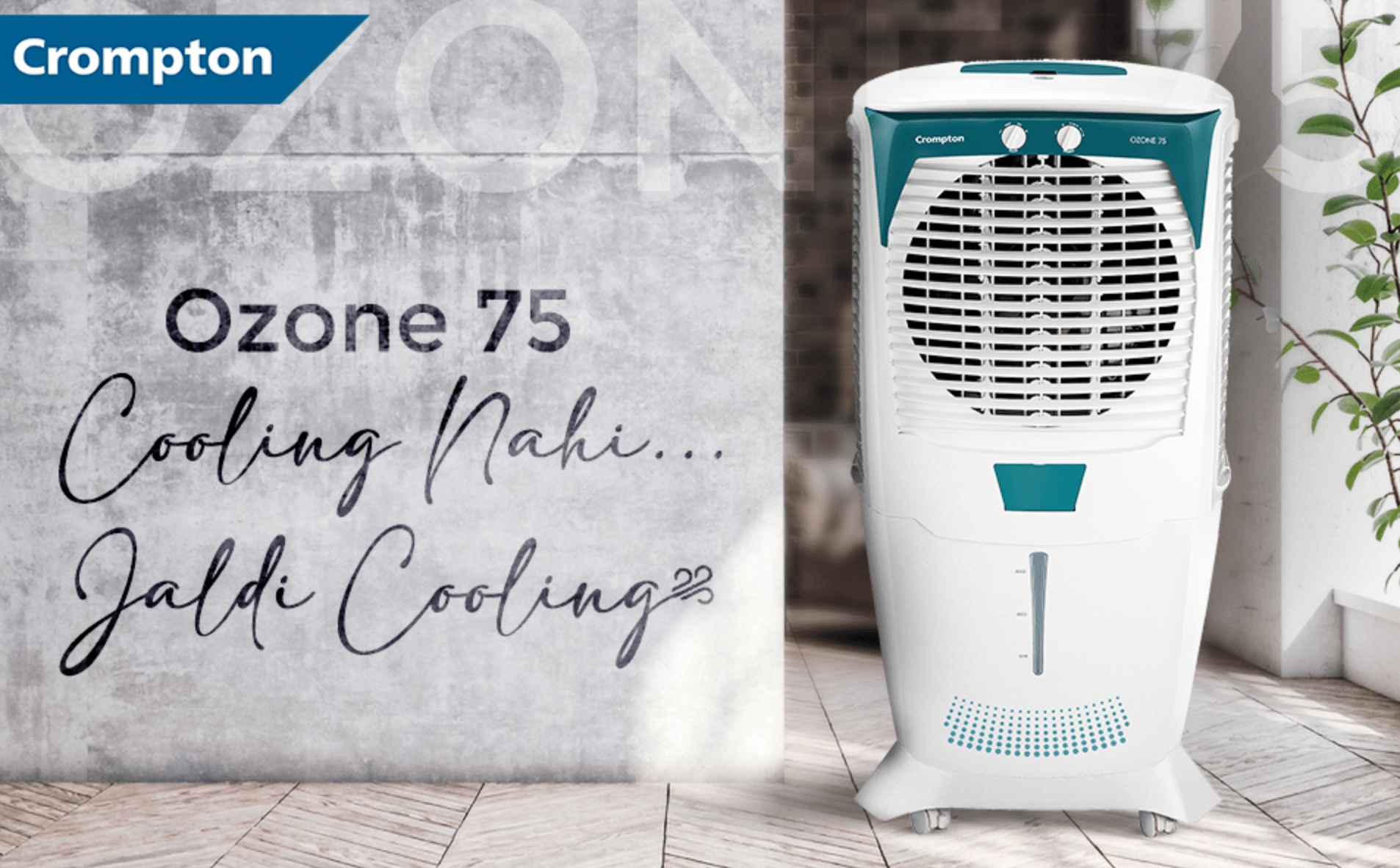
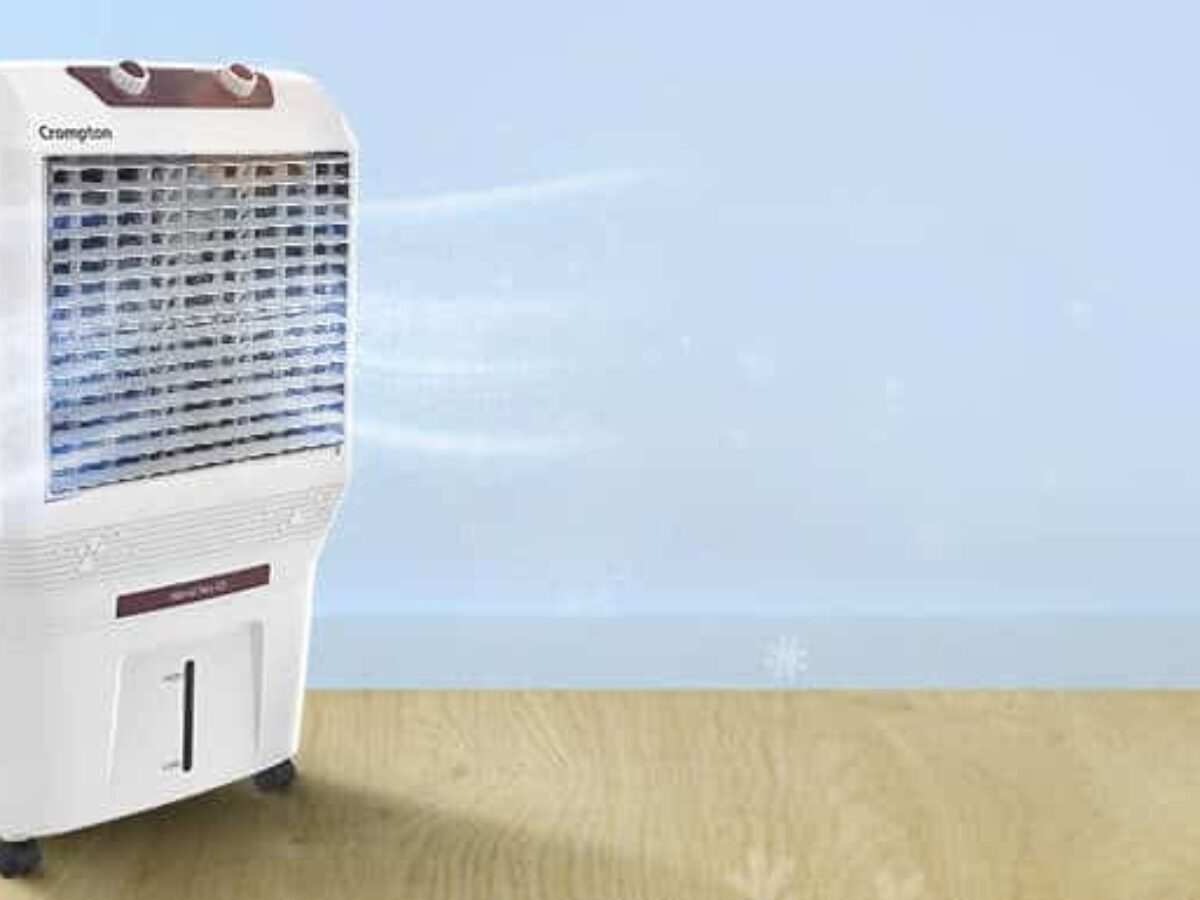
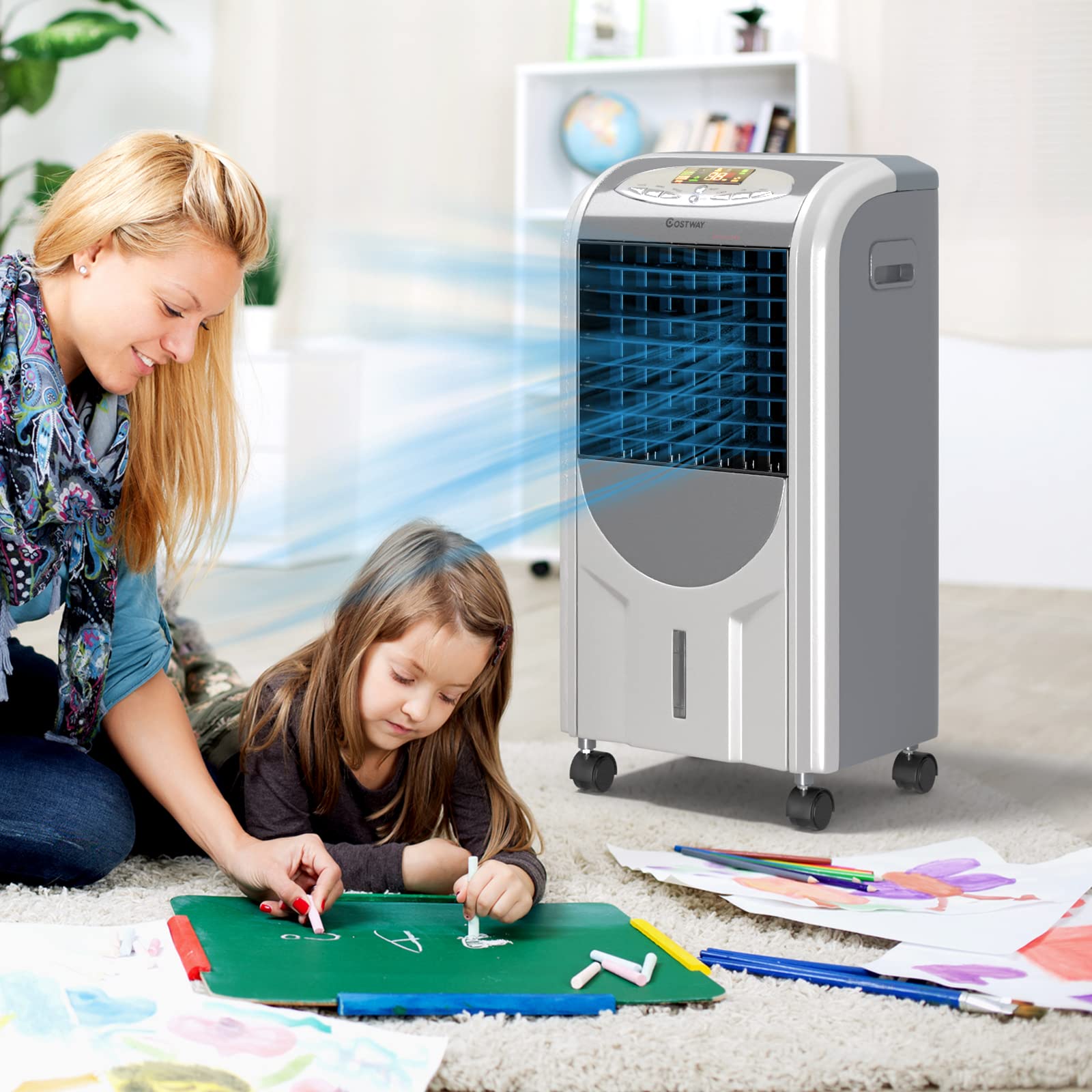
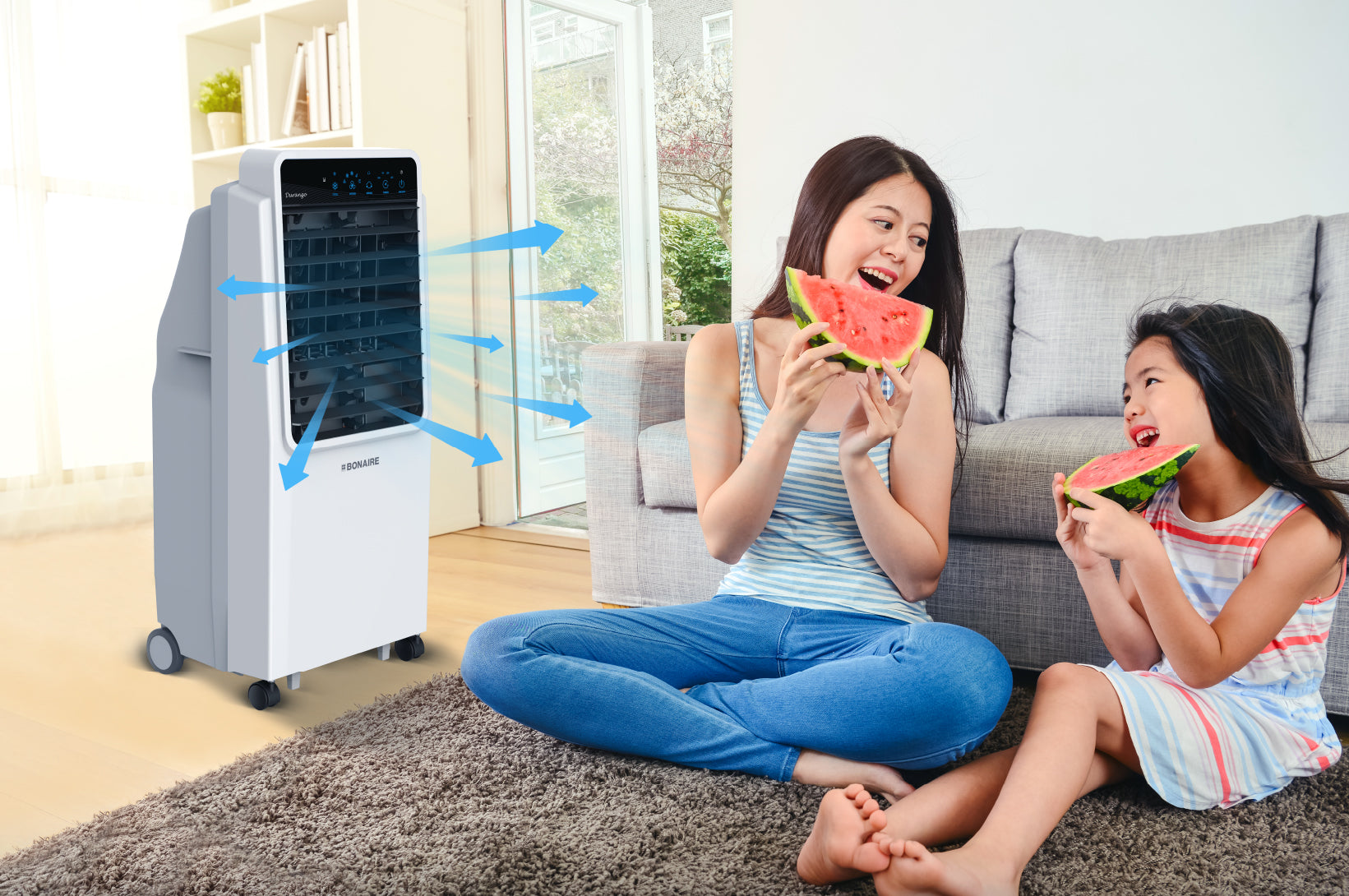
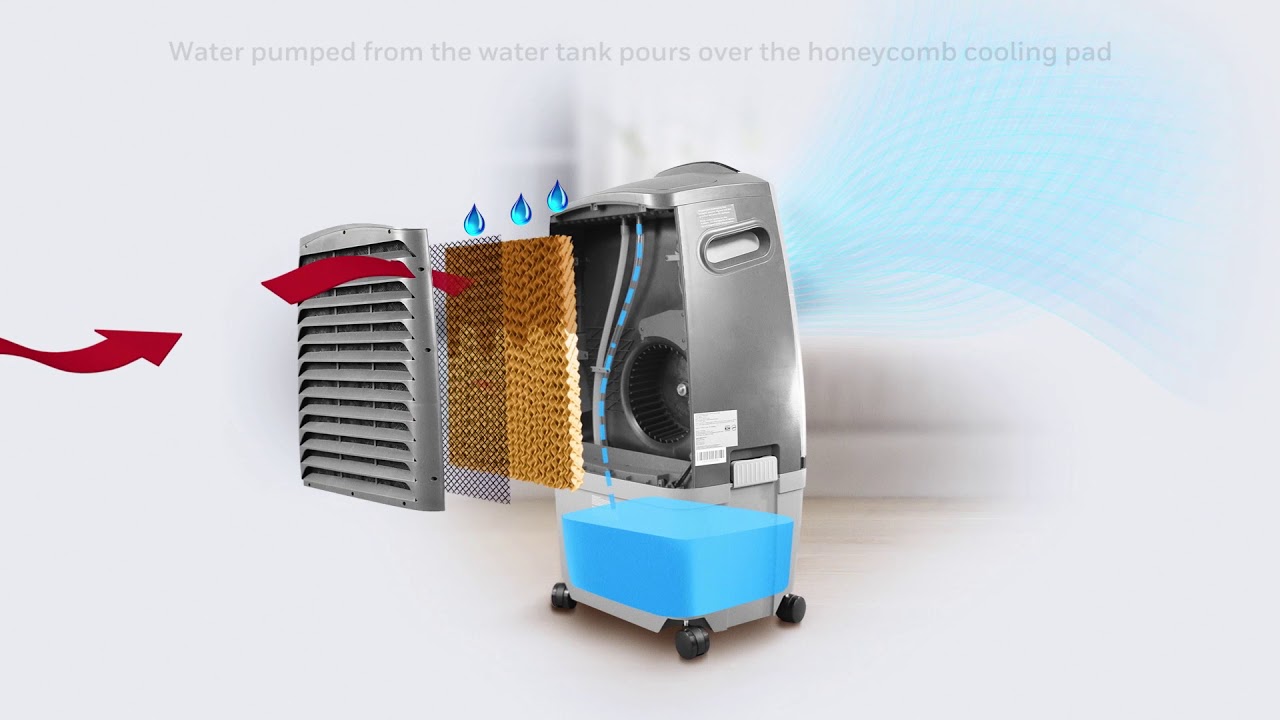
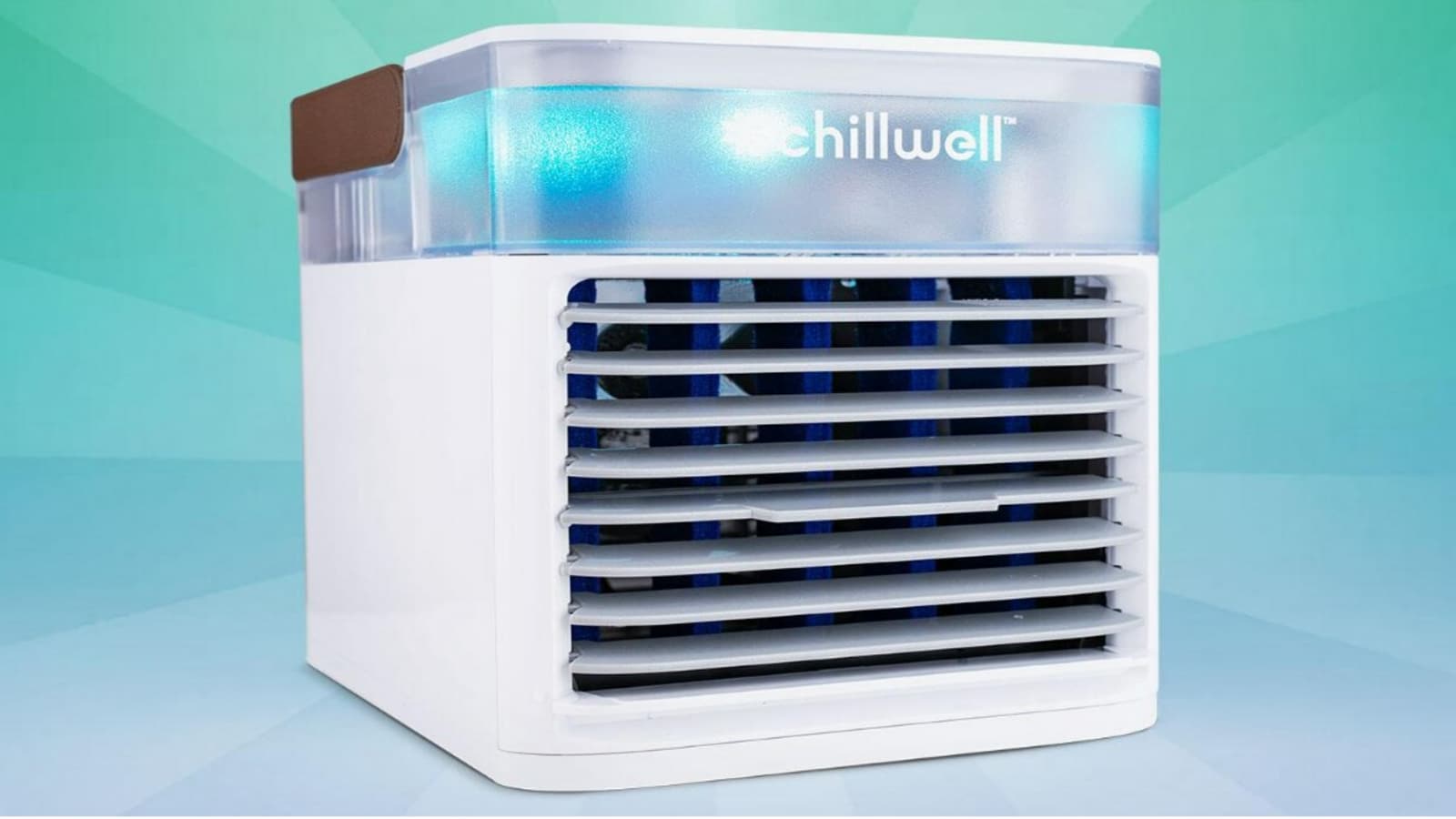
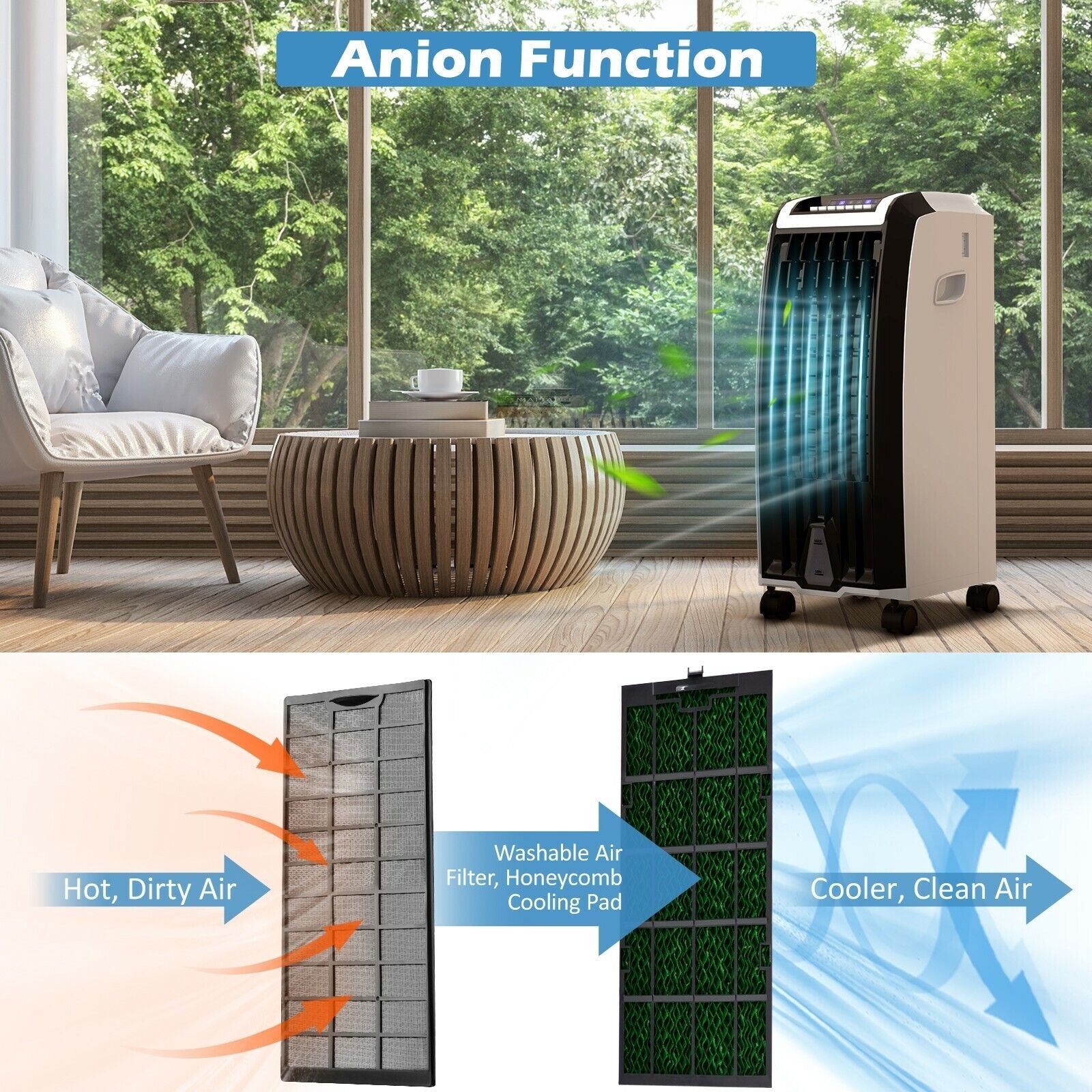
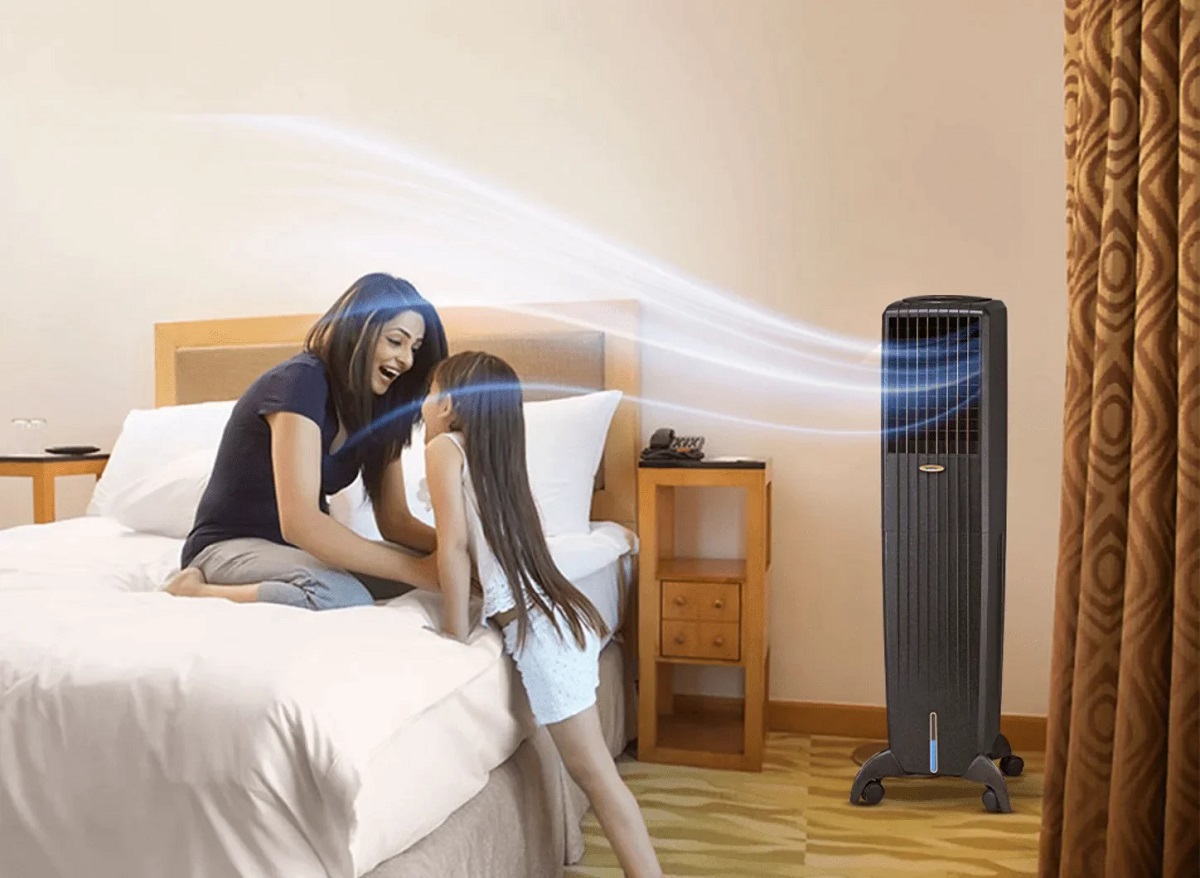
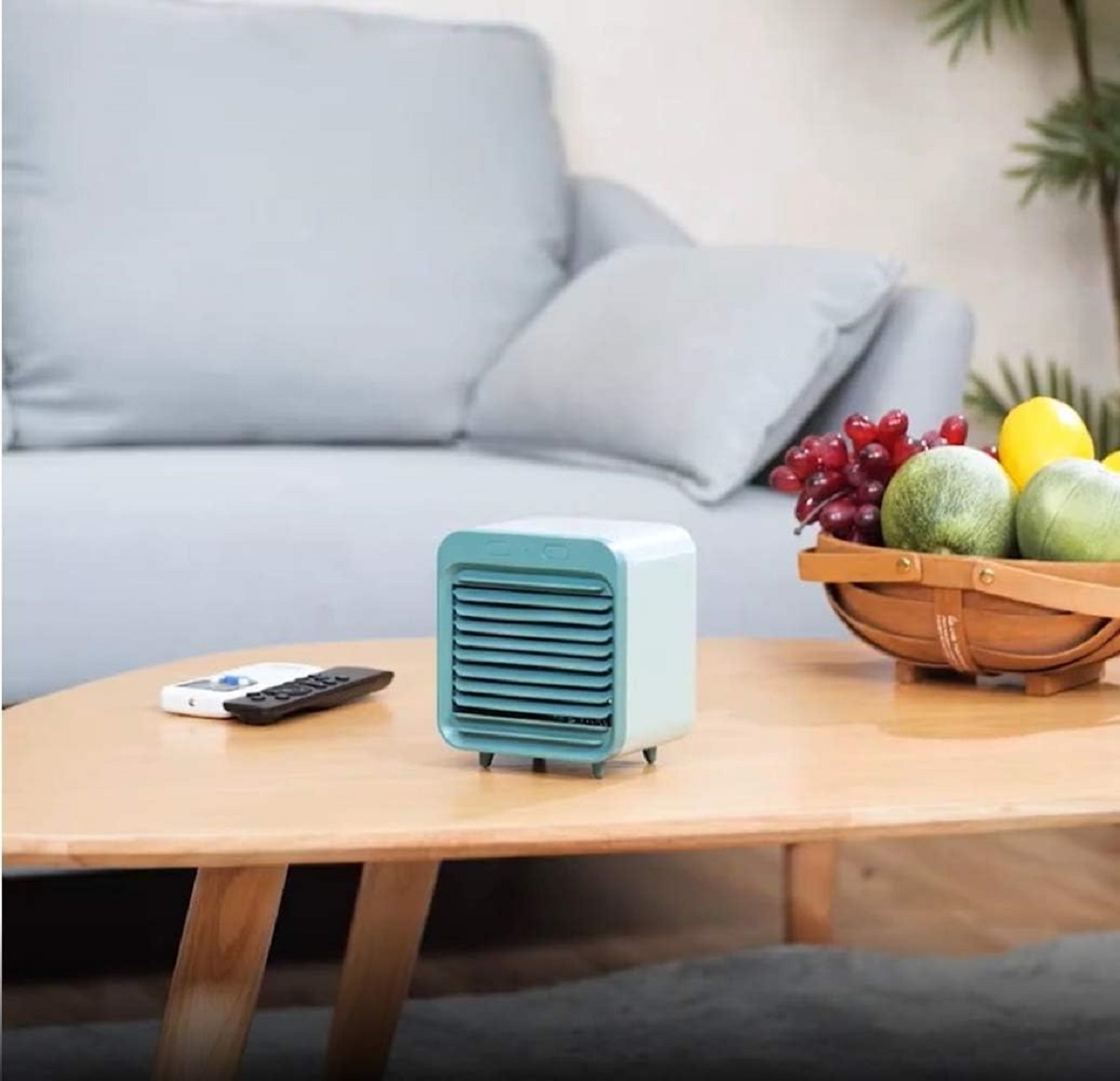
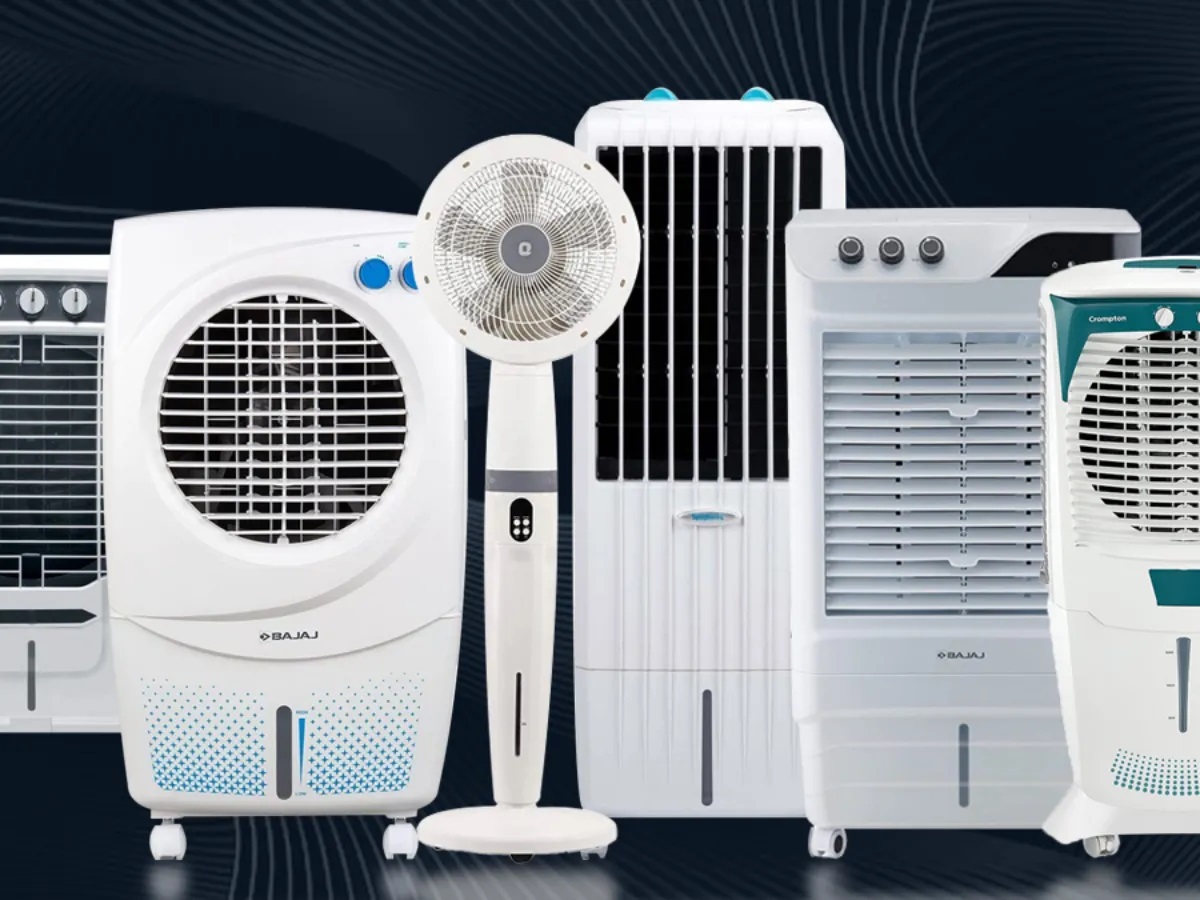
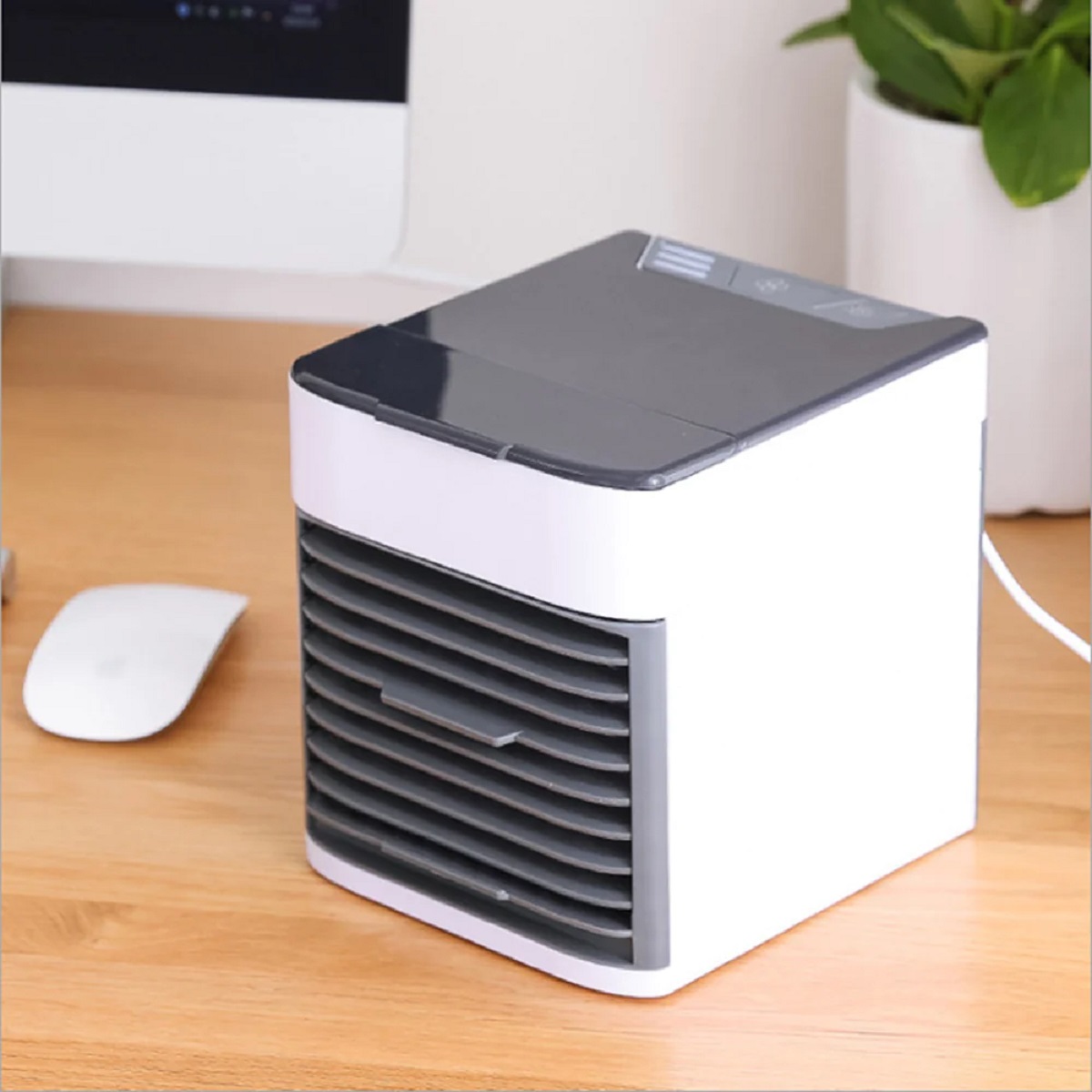
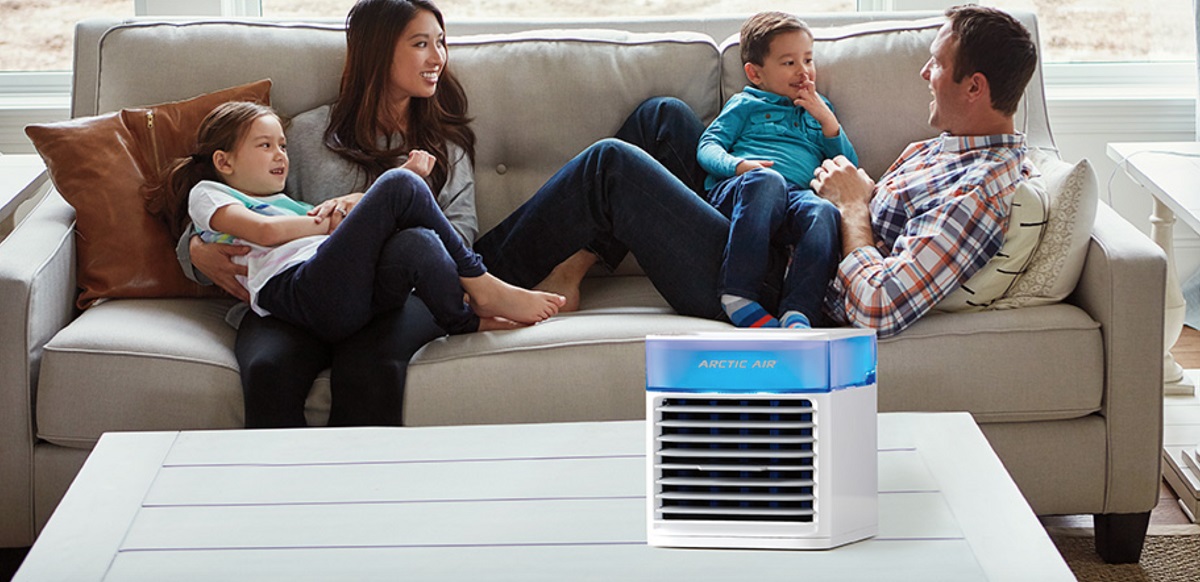


0 thoughts on “What Is an Air Cooler”